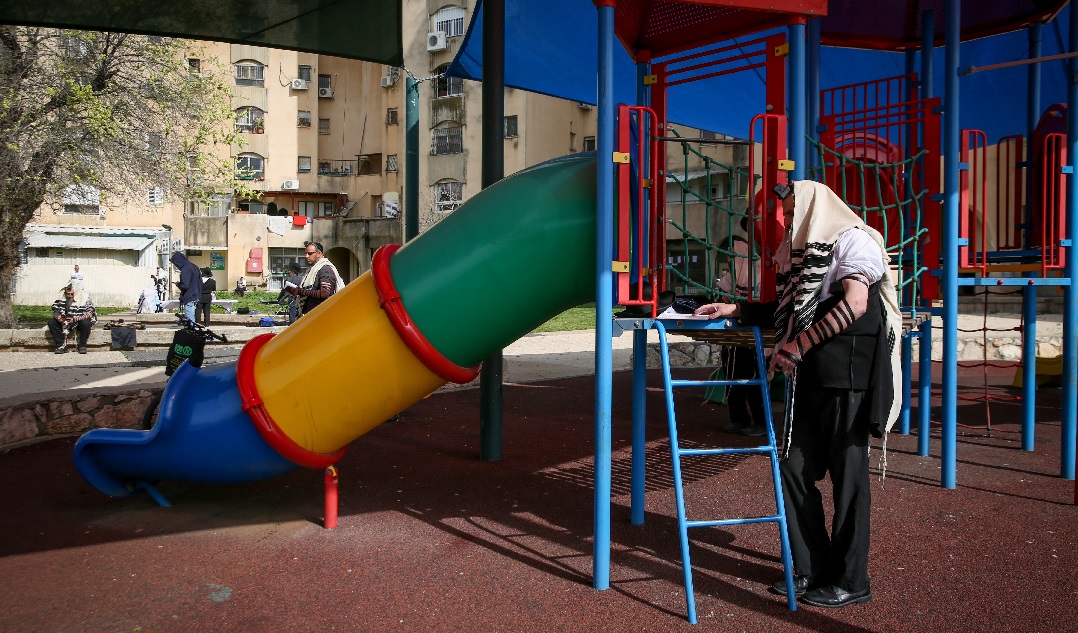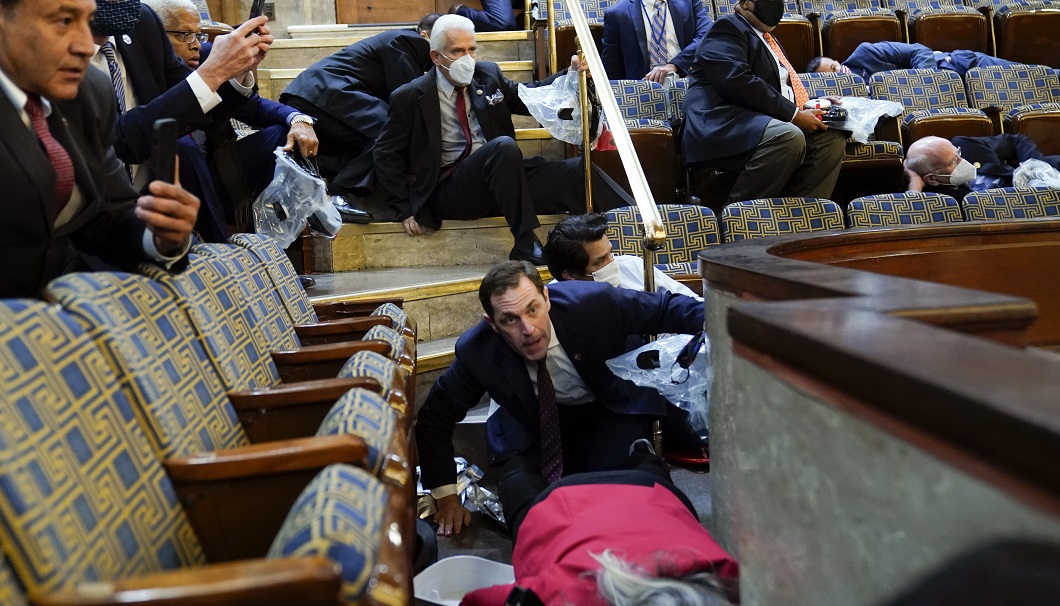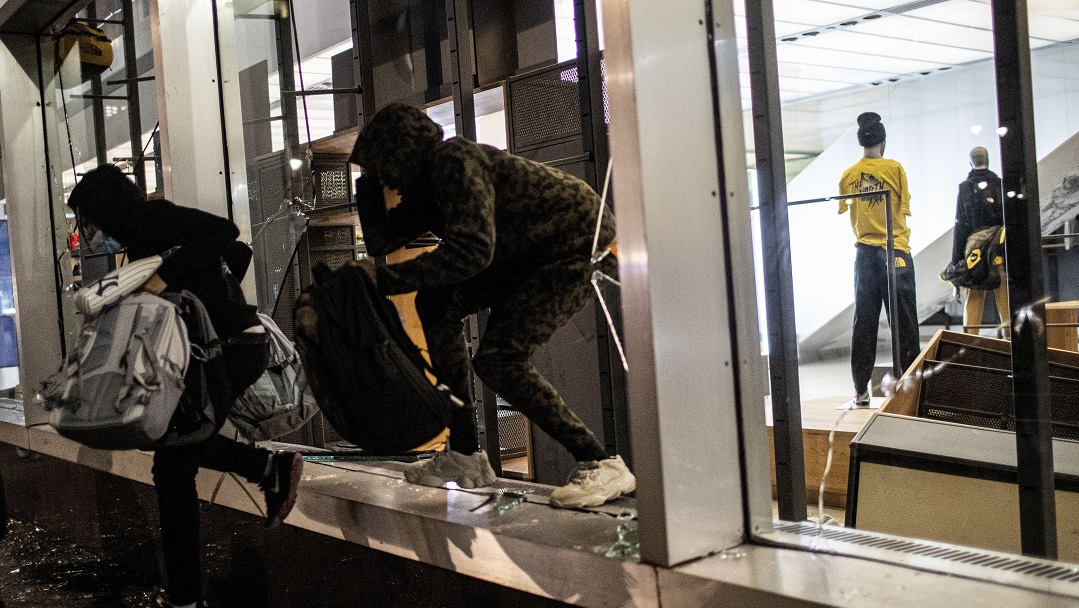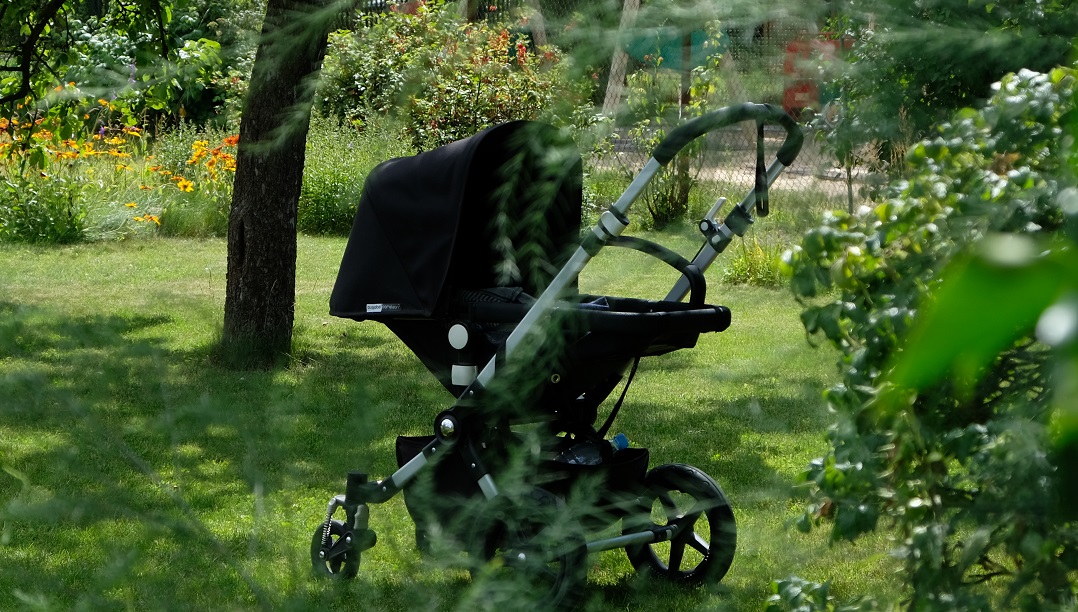Reset Redux

For all those who grumble about the cookie cutter, then, that’s it: the cutter, for the time being, is no more.

(photo: Flash90)
Wedded to our ways?
E
arly on in Israel’s lockdown, a corona wedding took place on our doorstep – much to the delight of all the cooped-up families within earshot.
A couple of guys sang and played the keyboard from one balcony, neighbors mingled within elbow-bumping distance below (those were the days), and the young couple had a chuppah on the patio of a shul. Upmarket it wasn’t, but joyous it certainly was, and it brought our neighborhood alive.
There was something incredibly appealing about the shtetl-like homeliness of it all - a kallah literally getting married from her home, surrounded by people who were happy, who were unfussed about their clothes.
And that was the sense that radiated from all the wedding clips that surfaced in the last few weeks as well-to-do people got married in their homes from Toronto to London.
We all know that weddings are due a reset, but the narrative has mostly been about costs which are beyond ordinary peoples’ budget.
But if enough people get a sense that there’s actually something appealing about simplicity - resorting to Apple metaphors again, think the pared-back Steve Jobs aesthetic - then corona might achieve what takanos failed to do.
Teach First
I
f this had been a normal year, school semesters would have ended today, with children saying goodbye to their classrooms and schoolbooks for a Pesach break; as it was the date meant nothing to parents or children.
1.5 billion schoolchildren are now out of school worldwide according to UNESCO, and as countries closed their schools one by one across the West a couple of weeks ago, there was a collective “thunk” – the sound of an almighty penny-drop as parents realized that they were on their own.
That’s why the current situation might be the greatest reset of them all, because it turns out that educating our children was always our own obligation as parents; we merely outsourced some technical functions to institutions called schools.
It’s the father’s duty to teach his son Torah and a profession, a fact immortalized in the phrase “Avi Mori”; a mother’s to instill the Toras Imecha, which means the heart and soul of Yiddishkeit.
Although superficially schools do so much more of the educating than parents nowadays, over time you often find children looking more like their parents the further they leave their school/yeshiva years behind.
Israeli officials have said that schools won’t be re-opening after Pesach, and that’s been echoed in the UK and beyond.
Schools will develop better workarounds no doubt, and some will opt for online schooling, but there’s only so much Zoom/phone classes can achieve. This is going to mean relearning homeschooling and realizing what’s always been true: what we don’t teach our children, they won’t know.
Who are you?
T
hrough no fault of its own, the humble cookie-cutter is often a derogatory term in our world, hurled at “the system”, meaning our chinuch institutions, for supposedly producing identikit students.
There’s some truth in that generalization, although it ignores the role that our societies have had in institutionalizing high standards of Torah learning etc.
For all those who grumble about the cookie cutter, then, that’s it: the cutter, for the time being, is no more.
That’s partly because school is out, as per the previous item, but more broadly because everything about our society is now on hold. There are unfortunately no shuls; no mass events; in fact, almost no option to see and be seen beyond shaky videos circulated on WhatsApp (and queuing nervously in stores, sporting an N95 mask.)
And this will be the great reset on who we really are. You can be the best bochur in Brisk/top seminary student so long as you’re within the four walls of the institution, but that’s no guarantee what you’ll look like years down the line.
When no one is there to see if we daven properly (beyond the Omnipresent), we’ll get to see ourselves if davening means anything to us.
Dress codes will be there for us to decide in our own houses, Torah learning will have to be self-motivated more than ever.
In short, we’re the cookie dough, and we have to bake it how we like.
**You can submit your feedback in the space provided at the end of this post.
Oops! We could not locate your form.







